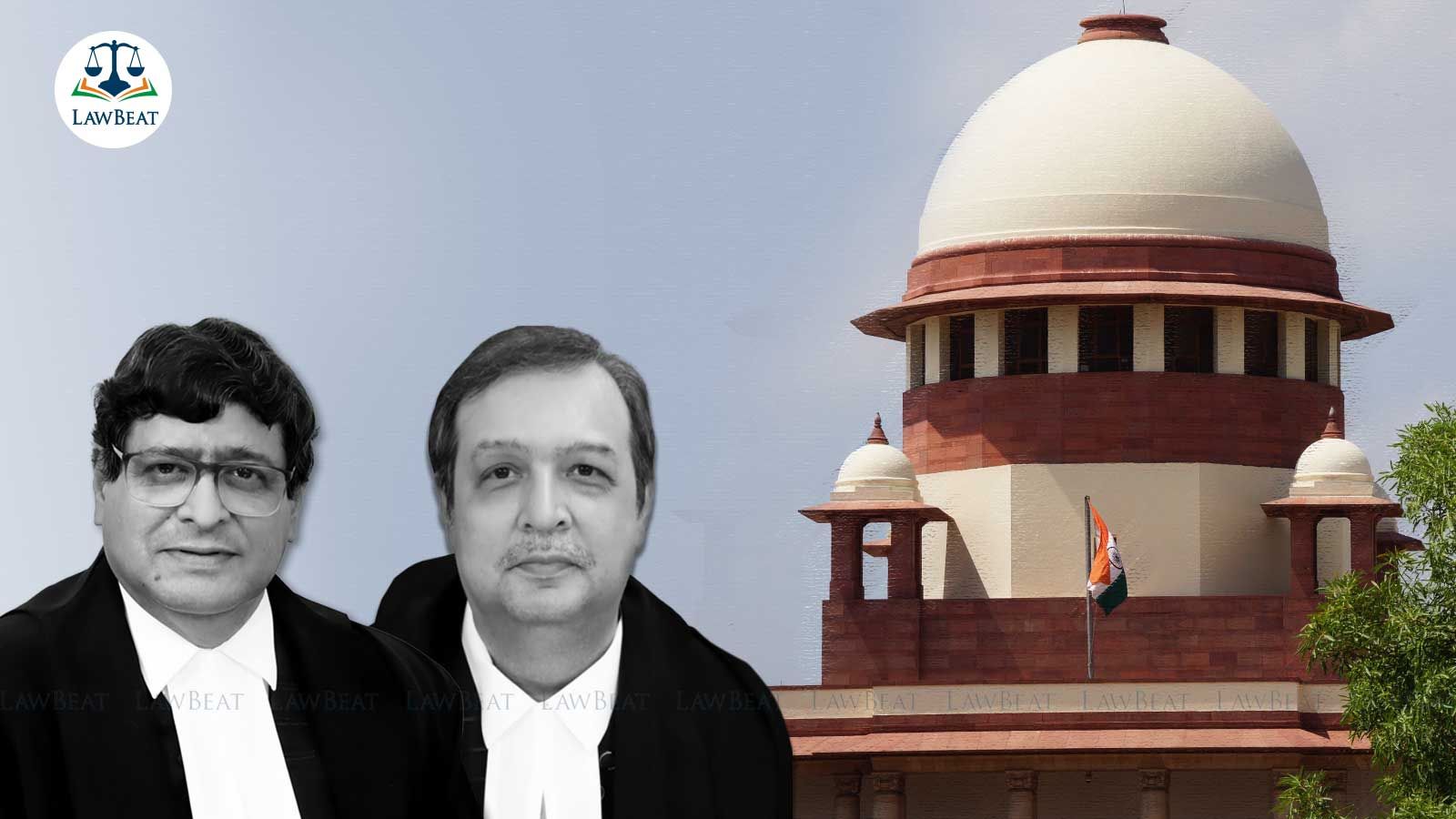Evidence of injured witness cannot be doubted on account minor contradictions: SC

The appreciation of ocular evidence is a hard task as there is no fixed or straight-jacket formula for appreciation of the ocular evidence, the Supreme Court has further observed.
The Supreme Court last week held that the evidence of injured witness cannot be doubted on account of some embellishment in natural conduct or minor contradictions.
When the evidence of an injured eye-witness is to be appreciated, the Court said, the presence of an injured eye-witness at the time and place of the occurrence cannot be doubted unless there are material contradictions in his deposition.
"Unless, it is otherwise established by the evidence, it must be believed that an injured witness would not allow the real culprits to escape and falsely implicate the accused....The evidence of injured witness has greater evidentiary value and unless compelling reasons exist, their statements are not to be discarded lightly", a bench of Justices Sudhashu Dhulia and JB Pardiwala has held.
Court has further opined that in assessing the value of the evidence of the eyewitnesses, two principal considerations are
- whether, in the circumstances of the case, it is possible to believe their presence at the scene of occurrence or in such situations as would make it possible for them to witness the facts deposed to by them and secondly,
- whether there is anything inherently improbable or unreliable in their evidence.
These observations were made by the Top Court while dismissing the appeal filed by two convict persons against the judgment of the Bombay High Court affirming the order of conviction for both the appellants for the offence under Section 302 read with Section 34 of the Indian Penal Code, 1860.
Court found that the oral evidence of all the three eyewitnesses was consistent and there was no good reason for the bench to disbelieve the ocular version as narrated by the three eyewitnesses.
While doing so, the Top Court further held that ff there is any exaggeration or immaterial embellishments in the evidence of an injured witness, then such contradiction, exaggeration or embellishment should be discarded from the evidence of injured, but not the whole evidence.
"The broad substratum of the prosecution version must be taken into consideration and discrepancies which normally creep due to loss of memory with passage of time should be discarded...", Court has added.
Case Title: BALU SUDAM KHALDE AND ANOTHER vs. THE STATE OF MAHARASHTRA
